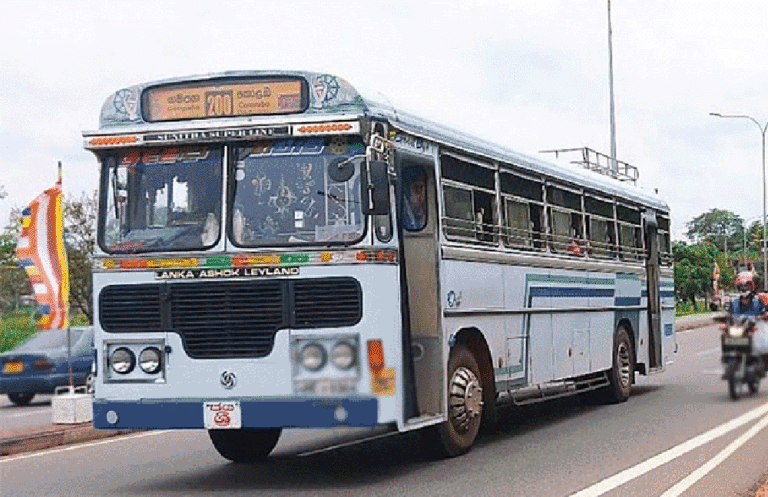Sri Lanka and World Bank Launch US$100 Million Project to Boost Rural Livelihoods and Climate Resilience
Over 380,000 people across Sri Lanka are set to benefit from a new US$100 million partnership between the Government of Sri Lanka and the World Bank Group, aimed at strengthening rural livelihoods, creating jobs, and building climate resilience in the agri-food sector.

The Integrated “Rurban” (Rural and Urban) Development and Climate Resilience Project will directly support 8,000 agri-food producers, enhance irrigation and drainage services across 71,000 hectares, and help smallholder farmers adopt modern, climate-smart agricultural practices to increase yields and reduce losses. The project also aims to create new employment opportunities in rural areas—especially for youth and women—by strengthening agribusiness value chains and expanding market access.
“The National Policy Framework of the Government, ‘A Thriving Nation – A Beautiful Life,’ prioritizes sustainable economic growth through a robust production economy,” said Dr. Harshana Suriyapperuma, Secretary to the Treasury and Ministry of Finance. “This World Bank-financed project will enhance agricultural productivity, stimulate rural development, and safeguard food security in Sri Lanka.”
Smallholder farmers, responsible for producing 80% of the country’s food, are at the center of the initiative. In response to climate change, which has caused unpredictable rainfall, rising temperatures, and extreme events like floods and droughts, the project will focus on upgrading irrigation systems, promoting modern farming technologies, expanding access to crop insurance, and investing in climate-resilient infrastructure.
The initiative will also strengthen agriculture data systems and improve food safety standards, enabling farmers to compete in international markets and unlock export opportunities.
“This project brings together people, government, and the private sector to make real improvements on the ground,” said David Sislen, World Bank Division Director for the Maldives, Nepal, and Sri Lanka. “By combining climate-smart farming with access to markets and private finance, we are helping farmers not just adapt to climate change—but thrive despite it.”
The project also seeks to attract up to US$17 million in private investment by connecting farmers with financial institutions, unlocking loans for agribusinesses, and creating new income opportunities in processing, storage, logistics, and marketing.
Building on over a decade of World Bank support for Sri Lanka’s agriculture sector, past initiatives have helped establish 141 farmer organizations and farmer-owned businesses, boosting average farmer sales by 44%. The International Finance Corporation (IFC), the World Bank Group’s private sector arm, has also provided technical expertise, financial tools, and digital support to strengthen export industries such as cinnamon and coconut.
Aligned with Sri Lanka’s national development goals and the World Bank Group’s Country Partnership Framework, this project demonstrates a shared commitment to building a stronger, more inclusive, and climate-resilient rural economy.






